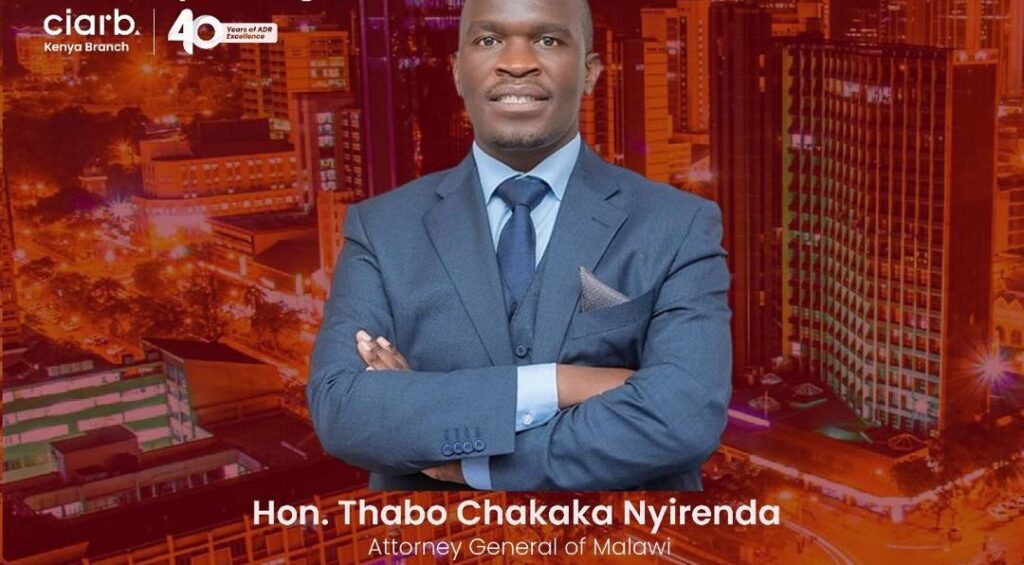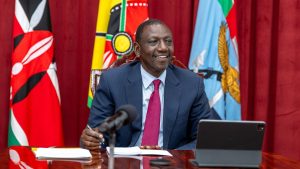Malawi Ascends on the Global Stage with Africa’s Top Performing Attorney General Thabo Chakaka’s Recognition

At a time when global discourse on law and governance often overlooks Africa, Nyirenda stands as a figure who paints the continent in its truest light: sophisticated, capable, and uncompromising in its dedication to justice. Through landmark victories in constitutional and human rights litigation, he has not only protected national interests but also positioned Malawi as a nation that upholds legal systems at the highest global standard.
This recognition reverberates far beyond Lilongwe. To international observers, Nyirenda represents a new wave of African legal leaders who are rewriting the narrative—showing that the continent’s jurists can influence global best practices in law, arbitration, and governance. His professional journey demonstrates that Africa is not merely catching up, but actively setting benchmarks in jurisprudence and legal reform.
In the global community of legal practitioners, Nyirenda is increasingly regarded as a symbol of integrity, humility, and transformative leadership. His commitment to modernizing legal practice—through embracing arbitration, technological tools, and progressive legal frameworks—underscores a forward-looking vision that aligns Africa with the future of international law.
Nyirenda’s recognition is thus both individual and collective: it is the story of a man who has elevated his nation, and the story of a continent whose finest legal minds are now commanding respect across the world. His brilliance reflects not only on Malawi but on Africa’s broader legal standing, proving that the continent possesses voices strong enough to influence, shape, and inspire the global legal community.
What sets Nyirenda apart is his ability to balance national duty with international vision. He has consistently demonstrated that the principles of fairness and accountability are not negotiable, whether applied in domestic courts or in cross-border legal frameworks. This dual commitment has allowed him to emerge not just as a guardian of Malawi’s legal integrity, but also as a contributor to global conversations on the rule of law.
Ultimately, Nyirenda’s rise is emblematic of Africa’s evolving legal identity. His work signals a generational shift, where African jurists are no longer confined to regional relevance but are instead shaping legal thought on the world stage. In him, the world sees not just Malawi’s pride but Africa’s promise—a promise of justice, reform, and a jurisprudence that commands global respect.







